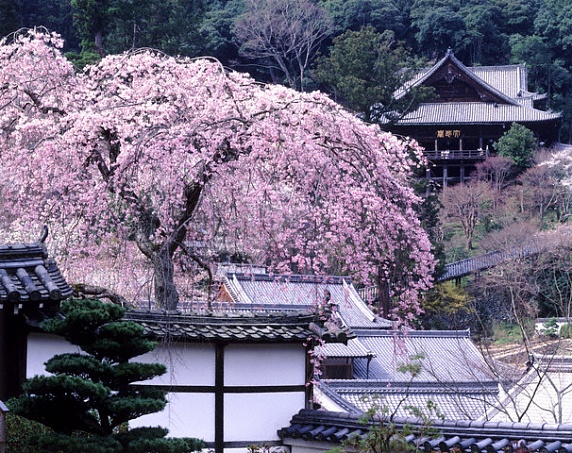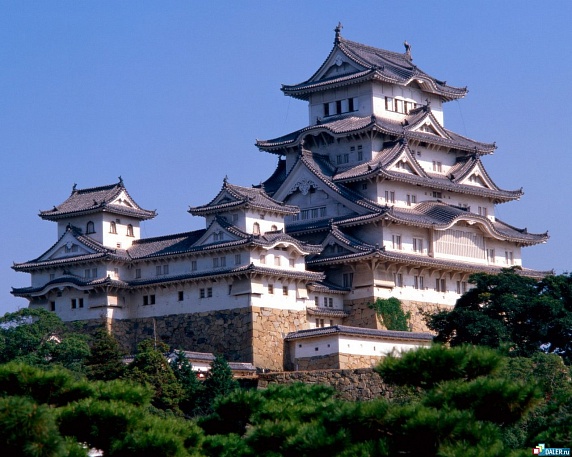 Япония
Япония
Comment by the Information and Press Department on Russian-Japanese ministerial talks
On December 19, Foreign Minister Sergey Lavrov will hold talks with Foreign Minister of Japan Toshimitsu Motegi, now visiting Russia, to discuss bilateral relations, including the peace treaty and interaction in international affairs. In addition, the ministers will discuss important issues on the global and regional agendas.
Russian-Japanese relations continue to develop steadily. Three summits took place last year, including Prime Minister Shinzo Abe’s working visit to Russia in January and separate talks between the leaders on the sidelines of multilateral events − during the G20 summit in Osaka in June and the Eastern Economic Forum in Vladivostok in September.
The two foreign ministers maintain contact at all times. The foreign and defence ministers meet regularly in the “two plus two” format (the fourth round took place in Tokyo in May). The strategic dialogue continues at the level of first deputy foreign ministers (Tokyo, April) and consultations between deputy foreign ministers on strategic stability with the participation of the defence departments (Moscow, March). The deputy ministers in charge of bilateral relations engage in a dynamic exchange of views (nine meetings in 2019).
A regular dialogue has been established between the leaders of the security councils of the two countries and the defence and other security departments. Cooperation focusing on fighting corruption started in 2019. Joint efforts of Russia, Japan and the United Nations Office on Drugs and Crime to train anti-drug personnel for Afghanistan and Central Asia and to create a K-9 service in Afghanistan are bringing results.
Trade and economic cooperation was thoroughly reviewed during the 15th meeting of the Russian-Japanese Intergovernmental Commission on Trade and Economic Affairs co-chaired by Minister of Economic Development Maxim Oreshkin and Foreign Minister of Japan Toshimitsu Motegi on December 18. From January to October, trade reached $17.16 billion (down 2.3 percent on the same period last year). We believe it is important to step up the efforts aimed at restoring steady bilateral trade growth, expanding investment cooperation, promoting practical cooperation in all areas, including energy, transport and infrastructure, the automotive industry, the manufacturing industry, healthcare, agriculture and urban development, to name a few.
Parliamentary diplomacy has become notably more dynamic. A delegation of the Federation Council headed by Deputy Speaker Iliyas Umakhanov took part in a ceremony of enthronement of the Emperor of Japan in Tokyo on October 22. In November, a group of Russian deputies and senators led by First Deputy Chairman of the State Duma Alexander Zhukov and Chairman of the Federation Council Committee on Foreign Affairs Konstantin Kosachyov took part in the G20 Parliamentary Speakers’ Summit in Tokyo, Japan. The Russian-Japanese Council of Governors resumed, after a nine-year suspension, its activities under the auspices of Federation Council Speaker Valentina Matviyenko.
This year, we completed an unprecedented state-to-state cross-year project – the Year of Russia in Japan and the Year of Japan in Russia, which included about 700 events in politics, the economy, science and culture, as well as military exchanges.
Pursuant to a decision by the leaders of the two countries following their meeting in Osaka in June, we took up a new ambitious project, the Year of Russian-Japanese Region-to-Region and Twin City Exchanges (2020−2021). The Year’s Organising Committee headed by Maxim Oreshkin and Toshimitsu Motegi is busy drafting an event programme.
The inter-civilisational ties are good as well. Patriarch Kirill of Moscow and All Russia will pay a visit to Japan in September 2020 dedicated to the 50th anniversary of canonising Archbishop Nicholas of Japan, a famous historical figure, who played a major role in building relations between the peoples of our countries.
We plan to have an in-depth exchange of opinions with an eye towards implementing the agreement reached by President Putin and Prime Minister Abe on expediting the dialogue on the peace treaty based on the Soviet-Japanese Joint Declaration of 1956.
We believe we must find ways to reach agreements that are in line with the generally recognised outcome of World War II and that will be strongly supported and accepted by the peoples and parliaments of both countries. We believe that long-term thorough efforts seeking to break new ground in our relations through comprehensive expansion of Russian-Japanese cooperation across all areas is the only way to get there.
We will also touch on prospects for joint economic activities on the southern Kuril Islands.
During the discussion on international issues, we plan to talk about interaction with Japan at the UN, the situation in the Asia-Pacific region, including the Korean Peninsula, the Syrian settlement, and the state of affairs with the Joint Comprehensive Plan of Action to resolve the Iranian nuclear programme issue. We also plan to let our Japanese partners know our views regarding deployment of the US global missile defence system in the Asia-Pacific region.









